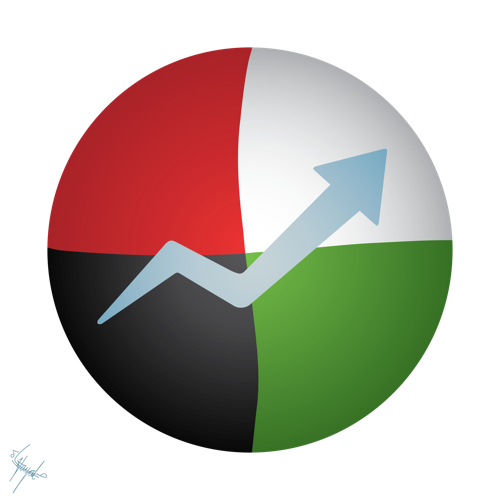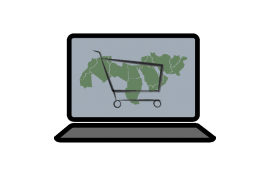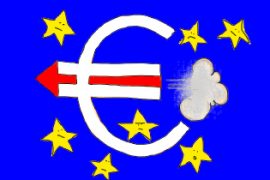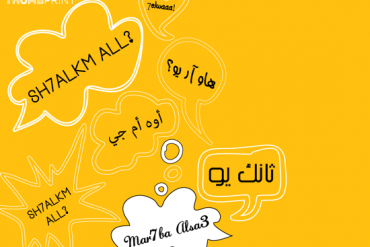The UAE’s recent governmental structural reform is not the country’s only action towards reaching economic efficiency. What are the other actions done?

On the 10th of February 2016, Sheikh Mohammed Bin Rashid Al Maktoum, the UAE’s Vice President and Ruler of Dubai, announced the biggest structural reform in the Federal Government since the country’s formation in 1971.
Using Twitter as the main channel to make his announcement, Sheikh Mohammed revealed that several ministries would be merged while creating more ministerial positions, stating that “Governments must be flexible. We don’t need more ministries, but more ministers capable of dealing with change.” Amid low oil prices, rapid climate change, and regional challenges, many saw the structural reform as a way for the UAE to become more efficient on a governmental level in order to withstand the current regional environment.
There is a grand strategic goal that is currently on the government’s agenda, which is the need to achieve economic efficiency. As part of the reform the Government’s role has become one that does not intervene in the intricacies of healthcare, education and other sectors. Current ministerial tasks have been divided amongst newly established independent and semi-independent authorities, those will be obliged to abide by rules and regulations set by the ministries.
The structural reform will help the country attain better economic efficiency as well as enhance the quality of the sectors now being controlled by newly established authorities; however, it cannot be seen as the UAE’s only effort towards creating a sustainable economy as the government currently has several endeavors in pursuit of the matter.
Two months prior to Sheikh Mohammed’s announcement, a UAE delegation was sent to Paris in order to represent the country in the 2015 United Nations Climate Change Conference (COP21). Dr. Thani Al-Zeyoudi, who was appointed as the new Minister of Climate Change and Environment as part of the structural reform and was also part of the delegation, deemed the conference as “a great success,” emphasizing that the agreement that was made amongst the involved countries benefited the UAE in diversifying its economy.
Today, the UAE is on track to provide 24% of its energy needs from renewable sources by 2021. This leads us to understand that the UAE is using eco-efficiency as a tool to further improve economic efficiency. Eco-Efficiency, which focuses on producing more goods and services with less resources and without excessive pollution and waste, is a tool that promotes transferring from unsustainable development to sustainable development. A signed agreement in COP21 serves as an indicator that the government is using more than one approach in order to restructure the economy into a fully efficient one.
When 2015 came to an end, it was announced that the Gulf countries had agreed to introduce value added tax (VAT) by the end of 2018. It was also revealed that the UAE expects to generate AED10 billion to AED12 billion in revenue in the first year of implementing VAT, which will further diversify the economy; hence, improved economic efficiency. Furthermore, earlier this year, a ministerial retreat along with economists and government officials was organized to discuss the UAE’s economy post-oil. The goal of the retreat as Sheikh Mohammed described it was to “build an economy that is independent of oil and market fluctuations alike.”
Today, the UAE is investing heavily in different fields and restructuring the government in hopes of creating a “sustainable economy for future generations,” in the words of Sheikh Mohammed. By using an extremely diverse approach, including a Cabinet reform, eco-efficiency, and VAT, the government clearly understands that a diverse economy requires a diverse approach. So, it is safe to say that the structural reform is only one element in the grand scheme of things rather than the UAE’s only approach towards economic efficiency.




The VAT will be implemented in UAE from 2018. The economy of UAE will be affected by VAT. The VAT will be applied at a rate 5% on some goods and services. Some sectors like as Education, Health, Real Estate, Local transport will be exempted from VAT.
This information was very much needed.Thanks for sharing such valuable post.